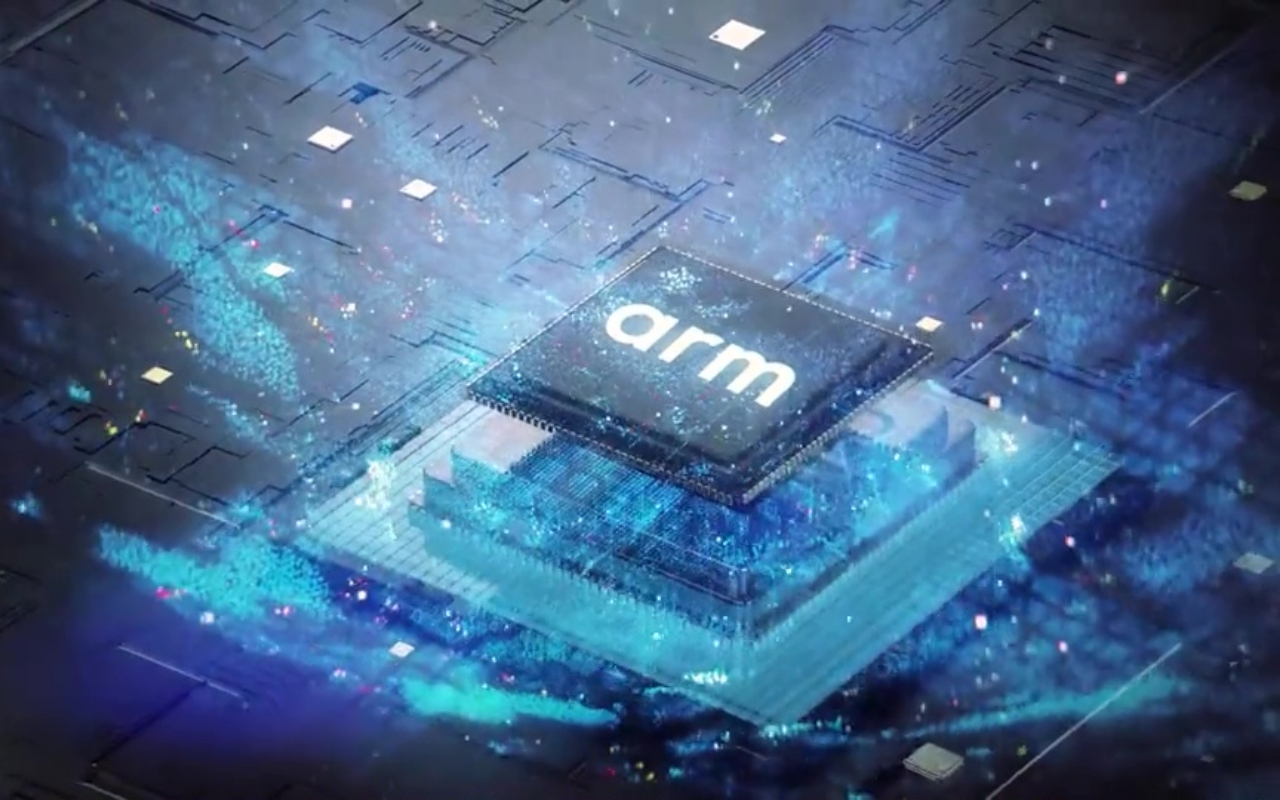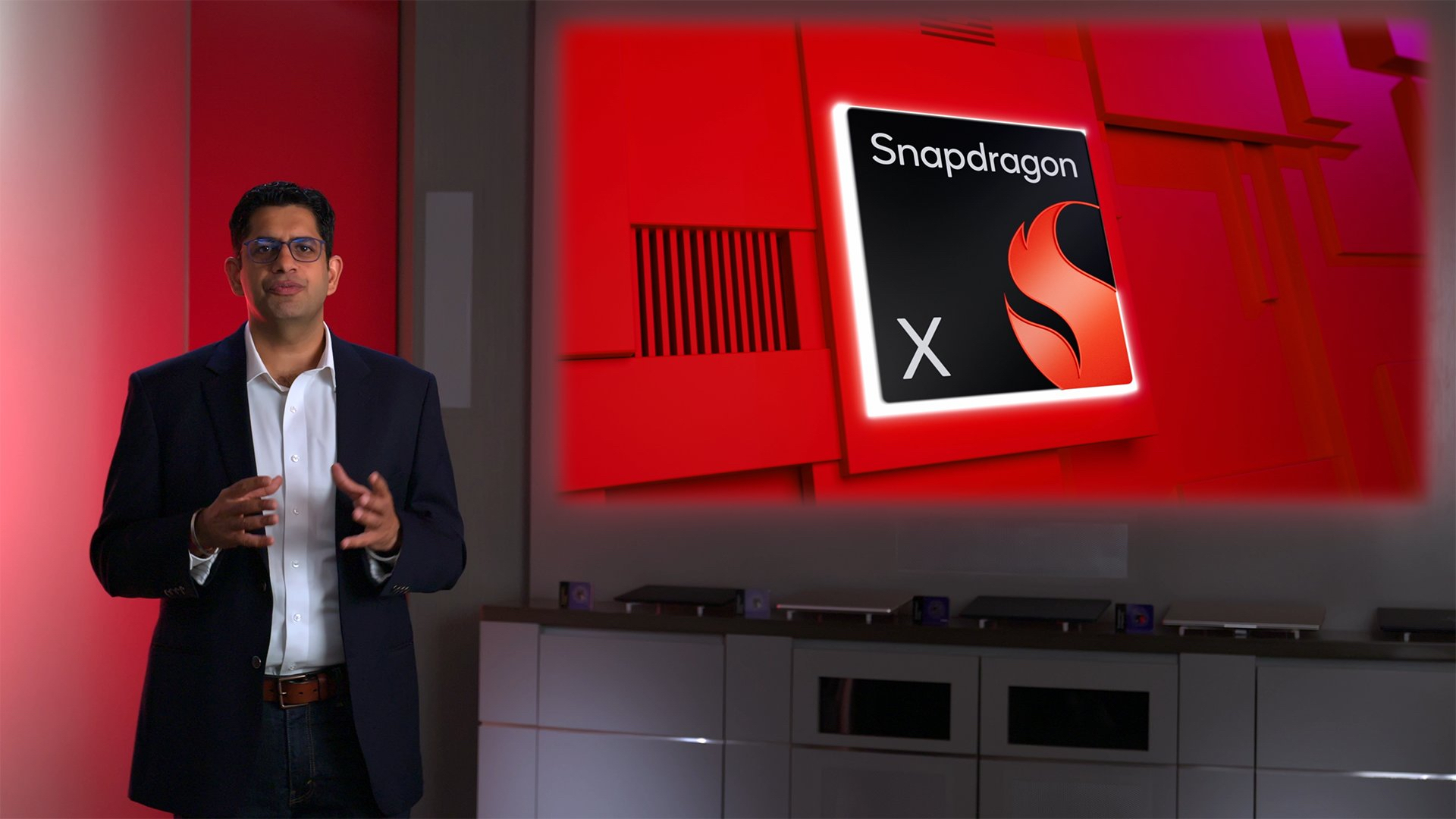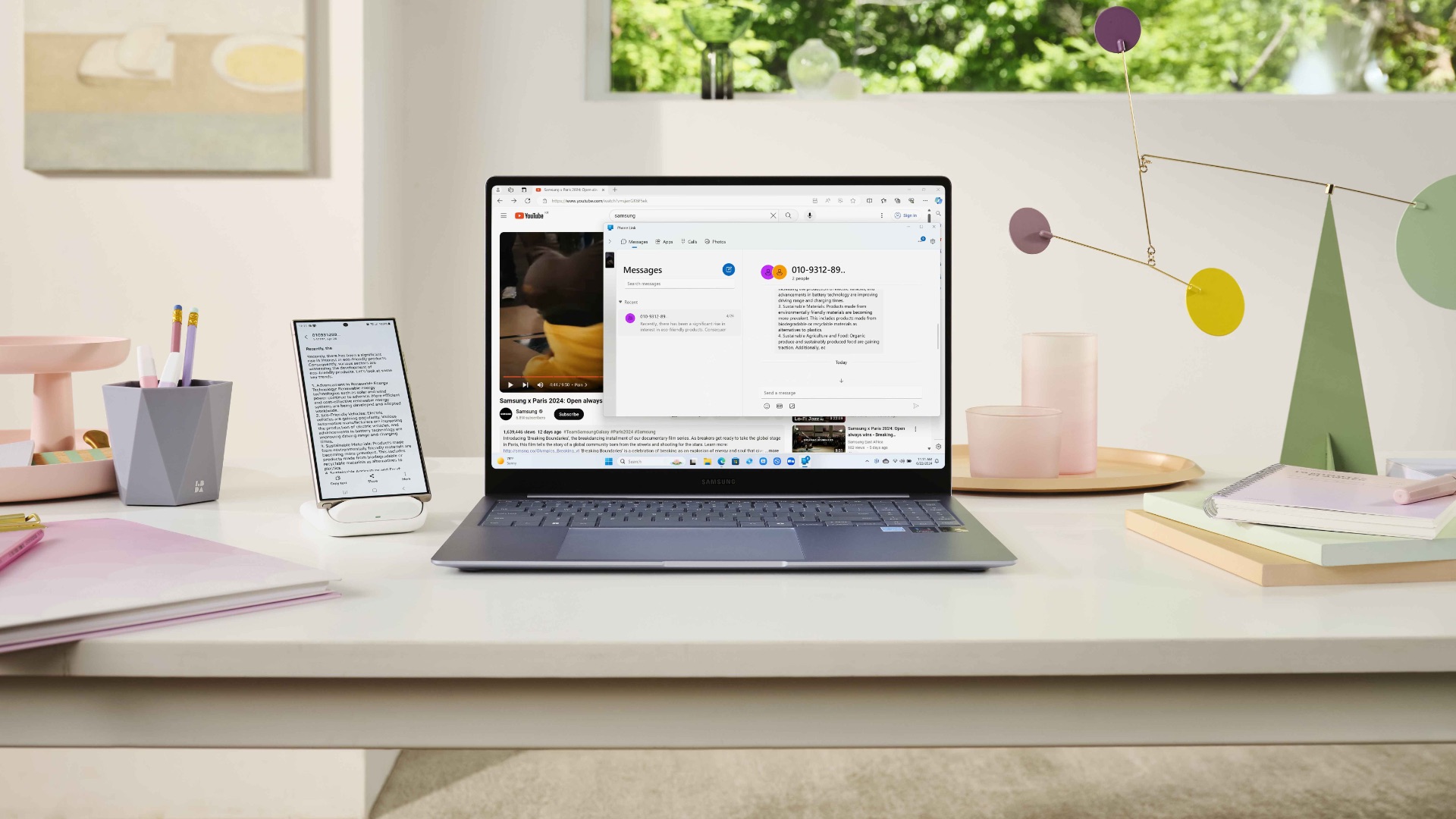
Samsung has also said that it views the semiconductor business as a future driver of growth. There have been multiple rumors and reports about Samsung possibly buying a semiconductor company. Texas Instruments and Microchip Technologies were just two of the semiconductor companies that were reportedly on Samsung's radar.
The Korean giant was believed to be most interested in acquiring NXP Semiconductors. When the rumors first appeared, NXP was valued at close to $55 billion. Samsung was believed to be interested in NXP because it wanted to strengthen its position in the automotive semiconductor market. With NXP's asking price creeping up to nearly $70 billion, Samsung had reportedly given up on the idea.
There has been an expectation that Samsung would acquire a big semiconductor company. In 2020, when rumors were circulating that multiple companies were interested in acquiring ARM, Samsung's name was doing the rounds as well.
ARM would have been the perfect fit for Samsung given the Korean conglomerate's ambitions for its semiconductor business. At one point it was even reported that even if Samsung doesn't buy the company, it might acquire a significant shareholder in ARM.
That never happened. In September 2020, NVIDIA announced that it had made a deal to acquire ARM for $40 billion. For those who are unaware, ARM is perhaps one of the most important chip designers in the world.
Its CPU designs are licensed by most major companies, many of which even compete with each other, including but not limited to Intel, Qualcomm, Amazon, Apple, Microsoft and yes, even Samsung. Its custom Exynos chipsets use ARM CPU IP.
This was supposed to be one of the biggest deals in the semiconductor industry. Naturally, it was bound to face opposition. NVIDIA had predicted then that the transaction would close in 18 months. That hasn't happened. It's now being reported that NVIDIA is preparing to give up on its $40 billion deal to buy ARM.
Not long after the deal was announced, it became clear that this deal would face strong headwinds. In the United Kingdom, where ARM is based, an antitrust investigation was launched into the deal last year in addition to a separate security investigation.
The US FTC filed a lawsuit to block the sale over concerns that it would damage competition in key industries such as car manufacturing and data centers. China was expected to block the deal from going through even if the other regulators didn't.
Such major deals are never without opposition. Remember NXP, the company that was Samsung interested in? Qualcomm tried to buy it back in 2016 for $44 billion. The deal was abandoned because Chinese regulators had objected to it.
Many of ARM's major clients have reportedly given regulators enough information to help kill the deal. Amazon, Microsoft, Intel and others have argued that if the deal goes through, NVIDIA won't be able to keep ARM independent because it's also an NVIDIA client. This would make NVIDIA both a supplier and a competitor to other companies that buy CPU designs from ARM.
Bloomberg reports that NVIDIA has informed its partners that it doesn't expect this deal to go through. The newspaper does add that a final decision hasn't been made yet. Both NVIDIA and SoftBank, ARM's current owner, remain publicly committed to the deal. “We remain hopeful that the transaction will be approved,” said a spokesperson for SoftBank.
The reality might be different, though. The report mentions that SoftBank is now “stepping up preparations” to take ARM public through an initial public offering as it looks to profitably divest its stake in the chip designer. SoftBank needs to realize the return on investment that it made in ARM. If that won't come from an outright acquisition, it may take ARM public to reap its rewards.
The decision-makers at Samsung must be keeping an eye on this situation. It does present the Korean behemoth with multiple options. Could it consider swooping in with a bid of its own to acquire ARM outright? Or if SoftBank is so willing to part with its ARM investment, could this be the perfect opportunity for Samsung to buy a major stake in ARM?
If it does decide to buy ARM outright, Samsung is likely to face opposition to the deal as well, but what if the company could bring it home? Samsung could leverage its standing in the industry and the goodwill it has earned by making investments in major countries to achieve a favorable outcome. It recently announced a $17 billion chip plant in the United States and is also improving its business ties to China.
There will be many who still won't be happy with Samsung buying ARM. Qualcomm is a prime example. It sources CPU IP from ARM. If the deal goes through, Samsung will effectively become a supplier to Qualcomm, selling the company a fundamental component of its Snapdragon chipsets that compete directly with Samsung's Exynos processors.
So could the acquisition of a major stake in ARM work, then? That would really depend on what Samsung seeks to achieve with an investment of this magnitude, particularly if it would like management control of the company. Owning a minor percentage of the company may not give it that level of control. In that case, sinking several billion dollars to acquire ARM shares may not make much sense.
There's no guarantee that even if Samsung made an ambitious bid to acquire ARM, now that NVIDIA is close to giving up, it will not run into the same roadblocks. Perhaps that very possibility might prevent Samsung from making a move in the first place. It will be very interesting if Samsung does make a move, it would have the potential to shake up the semiconductor industry.
















